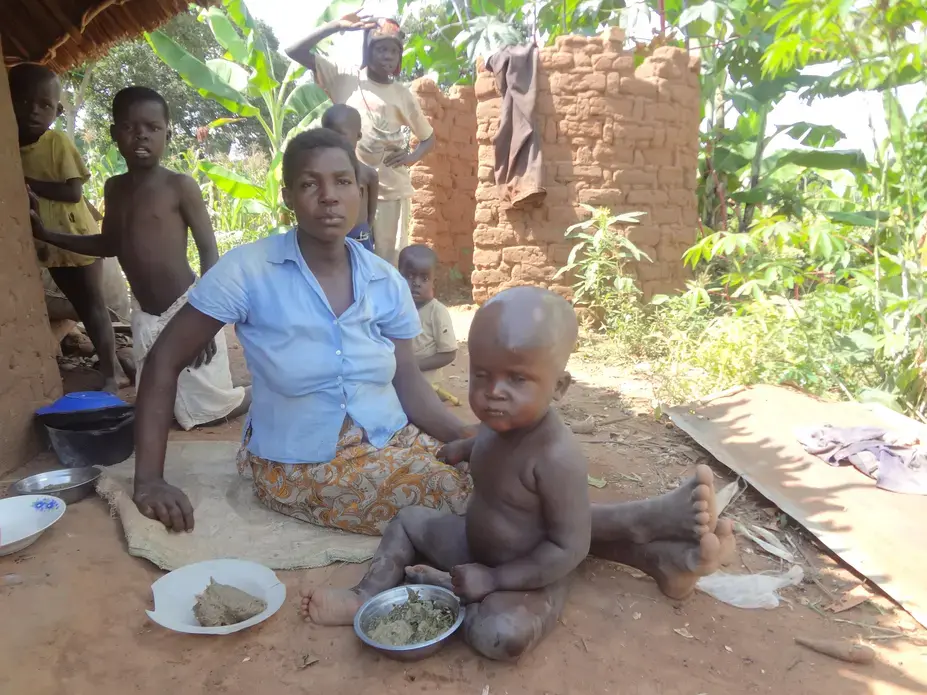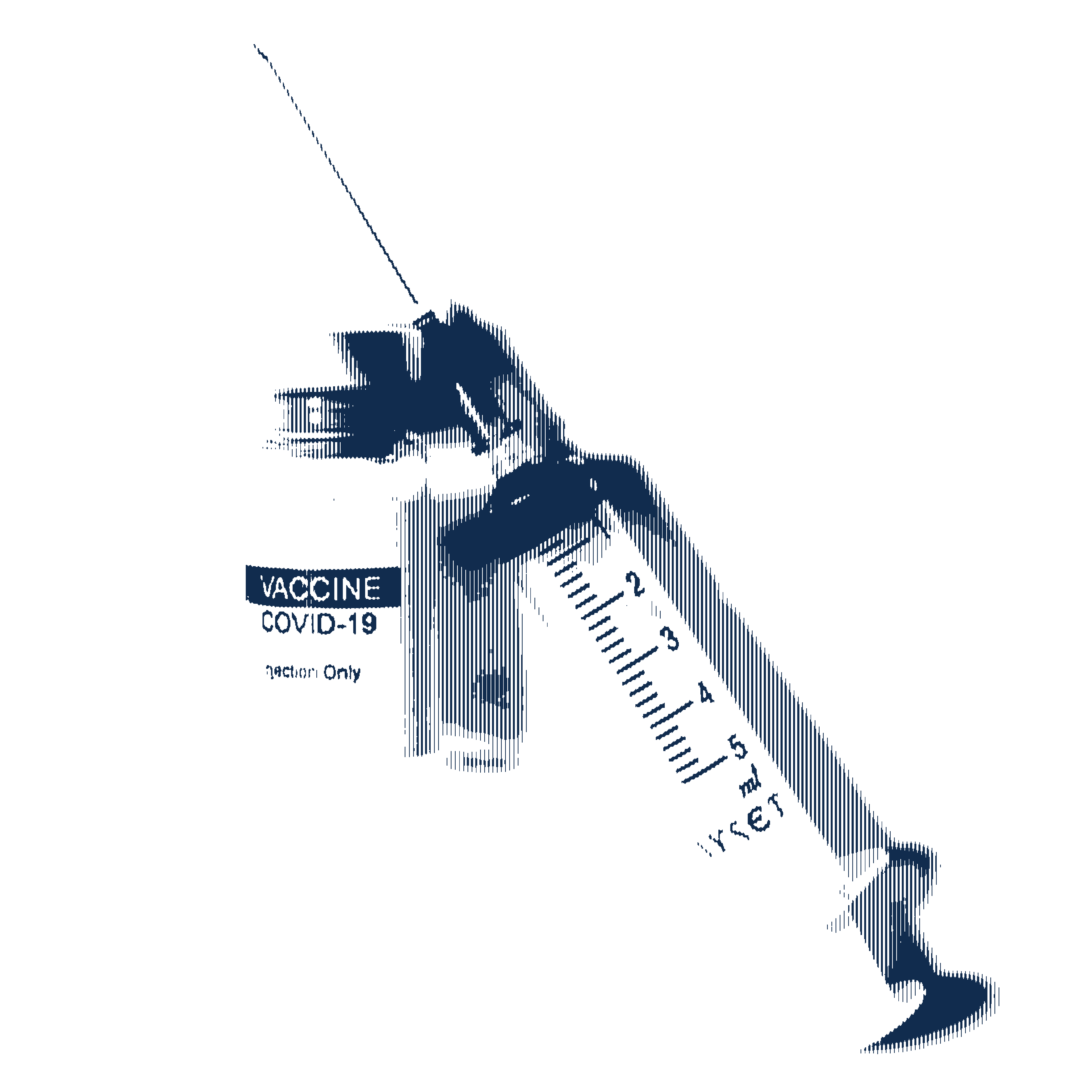In rural Uganda, it often takes days to access basic medical care. Health centers are scattered throughout the country, but they are grossly understaffed and underfunded.
Uganda has a referral healthcare system, in which smaller local health centers refer patients to larger ones based on a rudimentary triage hierarchy and availability of providers and medicine. The health centers, both large and small, often lack the most basic necessities—in one of the highest endemic malaria areas in the world, health centers frequently do not have medicine to treat malaria.
Traveling to a medical facility can be difficult: In many remote villages, not a single person has access to motorized vehicle transport. In some villages someone may make a living by giving taxi rides on a motorcycle. But in other villages riding a bicycle for hours to reach a health center becomes necessary.
Delay in medical care leads to many preventable disabilities and even deaths. It is not uncommon for patients to go to more than three different health centers through the referral system and still not find the basic healthcare that they need. A lack of funding for staff and medicine hampers healthcare delivery on every level.





























